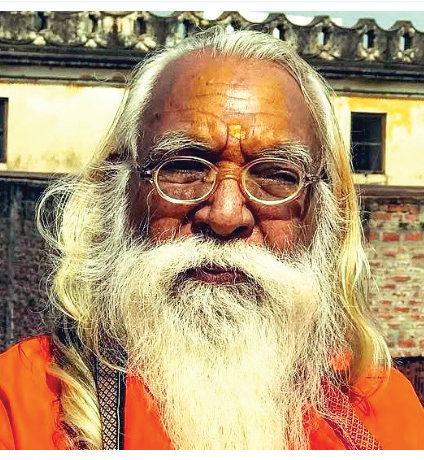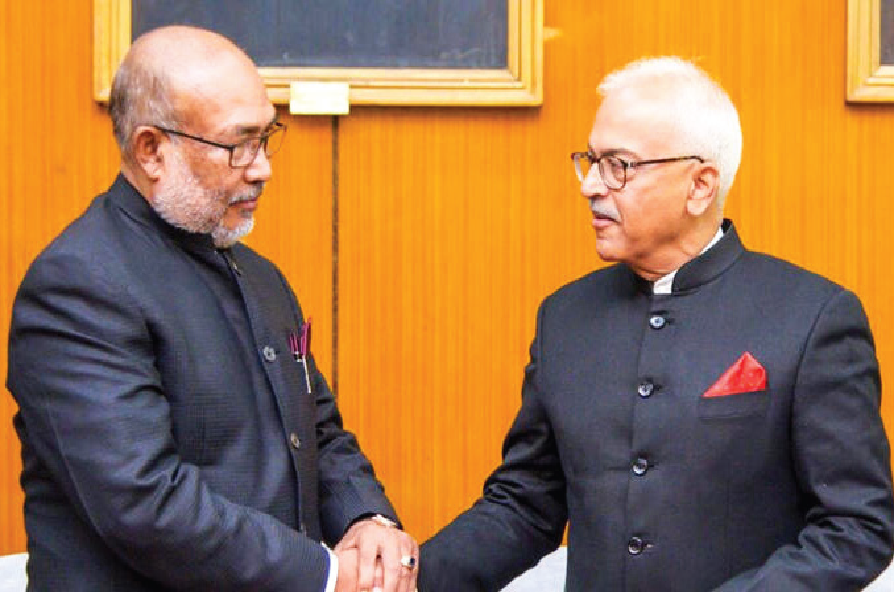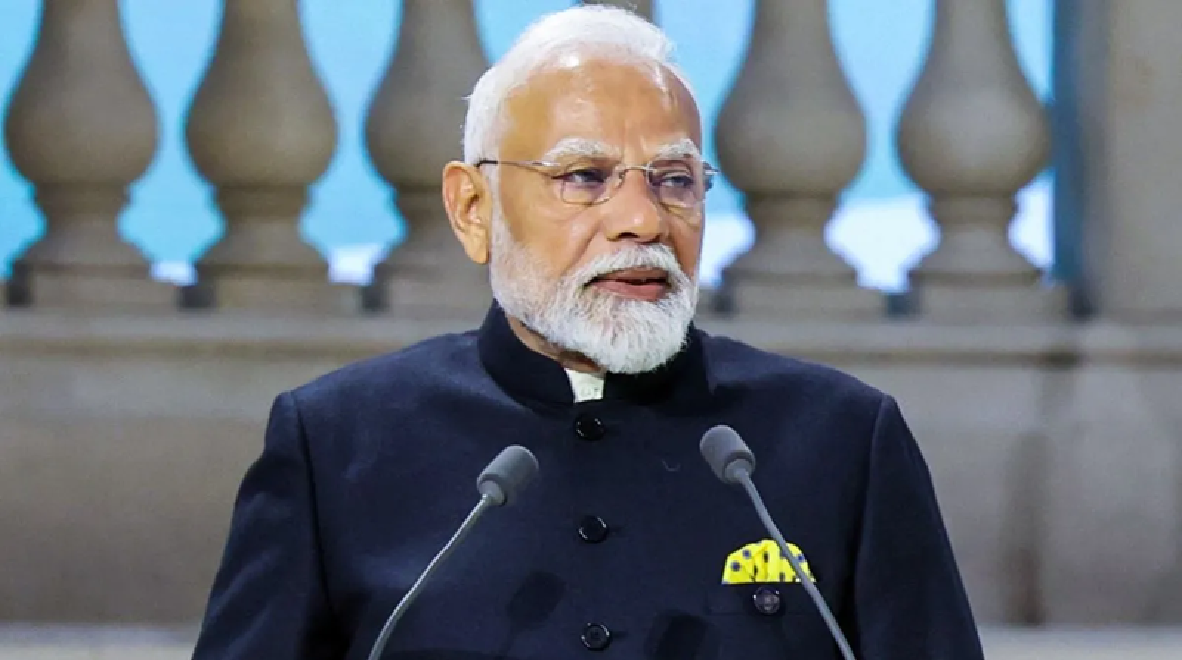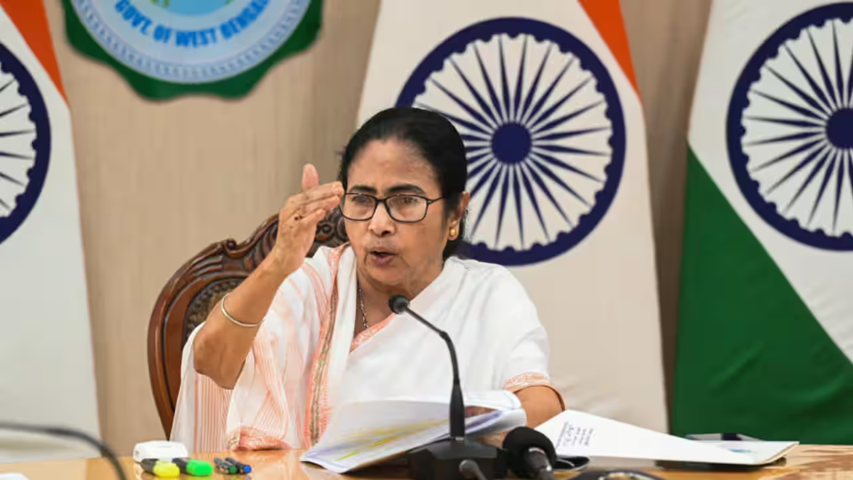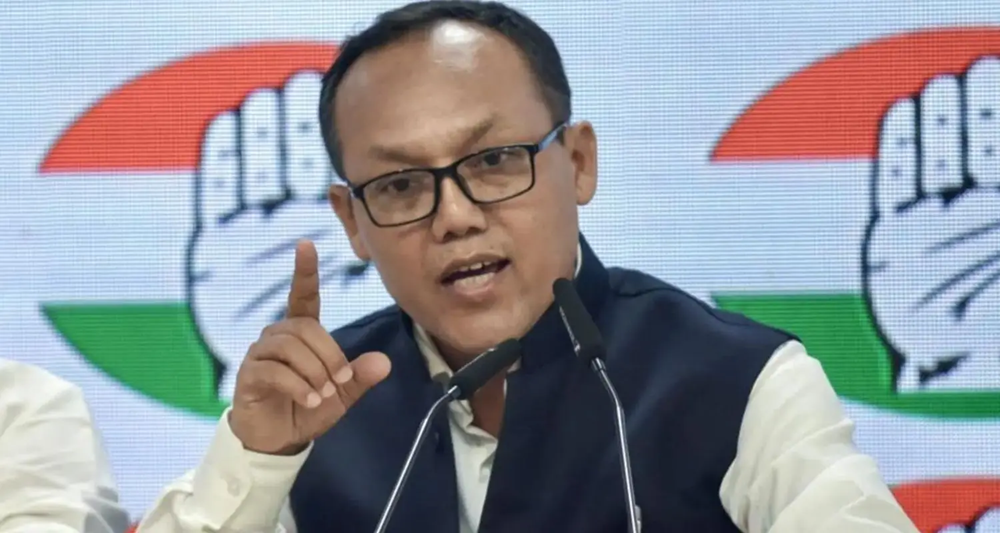
Bahutva K'taka report slams Modi govt's 'shortcomings' in edu sector
Sowmya Raju | NT
Bengaluru: Bahutva Karnataka (BK), a coalition promoting justice, harmony, and constitutional values, has released a report critiquing the Central government's education spending and language policies.
Using official data and public financial records, the report evaluates the government's performance against its own promises.
The report uncovers a significant gap in the Central Government's education funding.
Despite a commitment to invest 6 per cent of GDP in education, the Ministry of Education's budget only accounts for about 0.4 per cent of GDP, it claims.
This falls well short of education budgets in cities like New York and lags behind other BRICS countries like Brazil and South Africa.
In 2013, PM Modi advocated allocating 7 per cent of GDP for education while in the opposition.
However, the report shows that the current investment hovers around 4 per cent, largely due to insufficient government funding.
“The repercussions of this underinvestment are alarming,” stated the report.
A large portion of senior school students struggle with basic mathematical and reading skills.
Additionally, the World Bank's Human Capital Index indicates that 35 per cent of Indians face cognitive and physical impairments due to inadequate Early Childhood Care and Education (ECCE).
Despite these challenges, the government reduced its higher education investment by 18 percent in the 2024 budget, the report says.
As per the report, students from marginalised castes face additional obstacles.
Despite multiple promises of scholarships for SC, ST, and OBC students, funds have not been fully disbursed, leading to high dropout rates and reports of caste-based discrimination in schools.
One in four government schools in Madhya Pradesh was closed down between 2018 and 2022 affecting tribal areas the most whereas privileged institutions such as "institutions of excellence" and PM-SHRI schools received aid.
On the language front, the report highlights a preference for Sanskrit over regional languages.
While Rs. 200 crores is allocated annually for Sanskrit promotion, only Rs. 10 crores is earmarked for all regional languages combined.
The report stated that BJP-ruled states have made Sanskrit compulsory as the third language, leaving no room for regional languages.
The report also criticises the government's decision to omit certain scientific theories such as Darwin’s theory of evolution, the periodic table of elements the Pythagorean theorem and so on from textbooks and its focus on astrology courses.
As per the report, PM Modi emphasised the significance of history in 2018 and pledged to fill teacher vacancies promptly, upholding democratic values as outlined in NEP 2020.
However, the actual curriculum tells a different story. Standard 12 textbooks have been edited to remove references linking Hindu extremists to Gandhi's assassination, details about the Gujarat riots, and the demolition of the Babri Masjid.
This revision raises concerns about historical accuracy and bias, the report says. The promise to address teacher vacancies has fallen short, with one in six school teacher positions remaining unfilled.
Moreover, 42 per cent of reserved teaching positions across 45 Central Universities are vacant, affecting opportunities for SC, ST, and OBC candidates the report stated.
In terms of inclusivity, scholarships like the Maulana Azad National Fellowship (MANF) for minority students have been discontinued.
This discontinuation, coupled with a significant drop of 8.5 per cent in Muslim student enrollment in higher education in 2020- 21 compared to the previous year, highlights barriers faced by minority communities.
The National Council of Educational Research and Training (NCERT) textbooks have also come under scrutiny for omitting introductory passages about Mughal emperors and the Babri Masjid demolition.
This selective portrayal risks presenting a skewed version of history, it says.
Additionally, Muslim students have encountered exam restrictions based on religious attire, whereas students from other faiths faced no such limitations.
The naming of a moon landing point with a religious connotation overlooks contributions from individuals of diverse religious backgrounds, creating a sense of exclusion, the report said.
As national elections approach, Bahutva Karnataka urged voters to scrutinise the government's education and language policies.
Despite promises, the government has failed to prioritise regional languages, particularly in Northern India, and has shown discrimination against groups represented by Ambedkar,
 English daily published in Bengaluru & Doha
English daily published in Bengaluru & Doha


